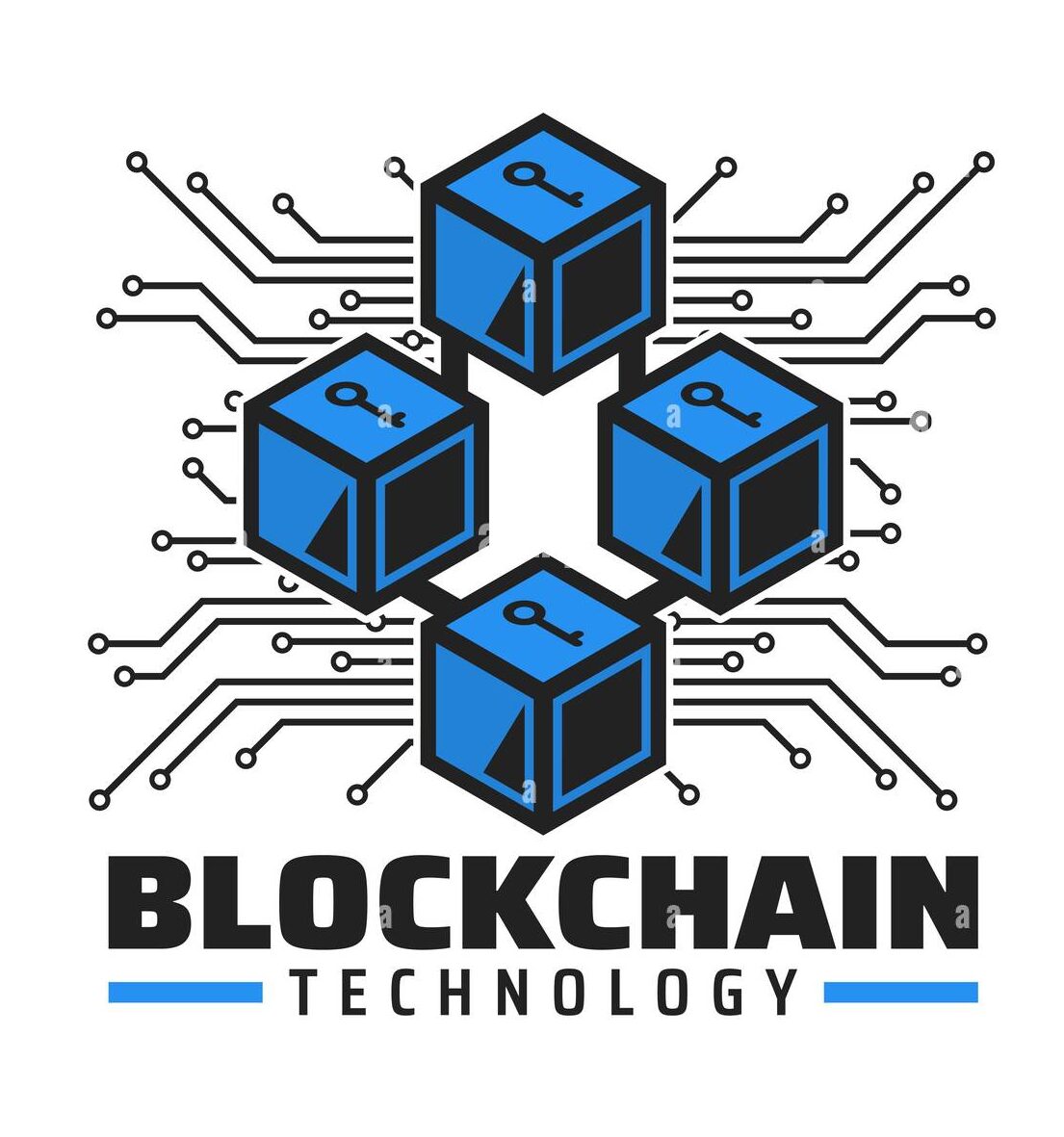Here is the updated content, i have tried to explain simply to understand blockchain technology !
findesh/November 06, 2023

Blockchain technology is a revolutionary way of storing and transferring data that has the potential to transform many industries and sectors. But what exactly is blockchain and how does it work?
Blockchain is a system of distributed ledgers that records transactions and data in a secure, transparent, and immutable way. A ledger is a database that keeps track of who owns what and when. A distributed ledger is a ledger that is shared and synchronized among multiple nodes or computers across a network. Each node has a copy of the ledger and can validate and update it independently. A blockchain is a type of distributed ledger that organizes data into blocks, which are linked together by cryptographic hashes. A hash is a unique code that identifies a block and its contents. Each block contains a hash of the previous block, creating a chain of blocks that cannot be altered or tampered with.
Blockchain technology has several advantages over traditional centralized systems, such as:
- More Secured: Blockchain uses advanced cryptography and consensus mechanisms to ensure that the data is valid and consistent across the network. No one can modify or delete the data without the agreement of the majority of the nodes. Moreover, blockchain does not rely on a single point of failure or a trusted third party, which reduces the risk of hacking, fraud, and corruption.
- Transparency of the Data: Blockchain allows anyone to view and verify the data on the ledger, as it is publicly available and accessible. This increases the trust and accountability among the participants and reduces the need for intermediaries and audits.
- Efficient and Faster: Blockchain enables faster and cheaper transactions and data transfers, as it eliminates the need for intermediaries and intermediaries fees. Blockchain also reduces the errors and delays that may occur in traditional systems, as it automates and streamlines the processes and workflows.
Blockchain technology can be applied to various domains and use cases, such as:
- Finance: Blockchain can facilitate cross-border payments, remittances, peer-to-peer lending, digital currencies, and smart contracts. Smart contracts are self-executing agreements that are encoded on the blockchain and executed automatically when certain conditions are met. For example, blockchain can be used to create a decentralized exchange that allows users to trade assets without a broker or a central authority.
- Supply chain: Blockchain can improve the traceability, visibility, and efficiency of the supply chain, as it can record the origin, location, quality, and status of the products and materials. Blockchain can also enable the verification and authentication of the products and materials, as well as the compliance with the regulations and standards. For example, blockchain can be used to track the journey of a diamond from the mine to the customer, ensuring its authenticity and ethical sourcing.
- Healthcare: Blockchain can enhance the security, privacy, and interoperability of the healthcare data, as it can store and share the medical records, prescriptions, and test results in a secure and encrypted way. Blockchain can also enable the consent and authorization of the data access and usage, as well as the reward and incentive mechanisms for the data providers and consumers. For example, blockchain can be used to create a decentralized platform that allows patients to own and control their health data and share it with the doctors and researchers of their choice.
Blockchain technology is still evolving and developing, as it faces some challenges and limitations, such as:
- Scalability: Blockchain has a limited capacity and speed to process transactions and data, as it depends on the size of the blocks, the frequency of the block creation, and the number of nodes on the network. As the blockchain grows, it becomes more difficult and costly to maintain and update the ledger, which may affect the performance and usability of the system.
- Regulation: Blockchain operates in a decentralized and distributed manner, which may pose some legal and regulatory issues, such as the jurisdiction, compliance, and enforcement of the rules and standards. Blockchain also raises some ethical and social questions, such as the ownership, responsibility, and accountability of the data and the actions on the blockchain.
- Education: Blockchain is a complex and novel technology, which may require a high level of technical knowledge and skills to understand and use. Blockchain also requires a cultural and behavioral change, as it challenges the existing norms and practices of the society and the economy.
Blockchain technology is a game-changer that can disrupt and innovate many industries and sectors. Blockchain technology offers a new way of storing and transferring data that is secure, transparent, and efficient. Blockchain technology can also empower and enable the users and participants to have more control and autonomy over their data and assets. Blockchain technology is not only a technology, but also a vision and a movement that can create a more democratic, inclusive, and sustainable world.
